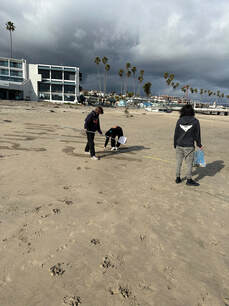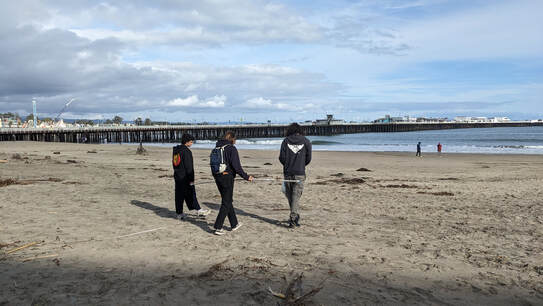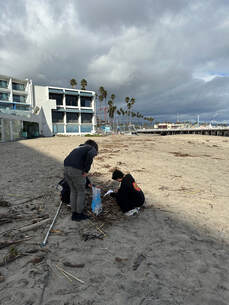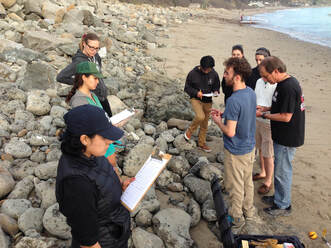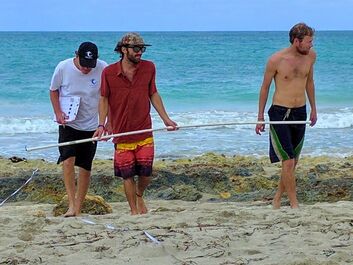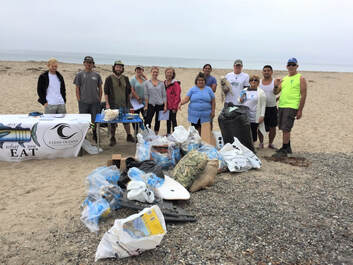Introduction
|
Are you looking to make a positive impact on global plastic pollution? COI’s Environmental Plastic Assessment Program (EPAP) addresses one of today's most pressing environmental concerns: Marine/Aquatic Debris. EPAP blends beach cleanups with research, enabling volunteers to collect data while in the field. Our aim is to clean beaches while systematically assessing and monitoring plastic pollution to inform future policies for sustainable change. Over the past twelve years, EPAP has engaged citizen scientists at beaches around the world.
|
Why EPAP Matters
Marine debris severely impacts ocean health, with plastic pollution being a primary offender. Through COI's EPAP, we seek to enhance our understanding of plastic pollution's sources, distribution, and volume across different regions. This comprehensive approach enables local communities to target pollution sources and improve waste management practices effectively.
How EPAP Works
|
Key Achievements
- Extensive Reach: Since its inception in 2012, EPAP has expanded its reach from the Monterey Bay Region to Lake Tahoe, Oregon, and Hawaii, as well as international locations including Ulithi Atoll and Cuba, showcasing the program's adaptability and impact.
- Community Engagement: Over 12 years, local Cabrillo College students and numerous volunteers have been trained, contributing significantly to our understanding and documentation of beach plastic pollution, as well as producing hundreds of experienced plastic pollution ambassadors.
Join the EPAP Team!
|
By joining EPAP, you're contributing to a global effort to understand and combat plastic pollution. To learn more, refer to the EPAP Training Guide for proper protocol. Once you have familiarized yourself and want to get out in the field, utilize the EPAP Field Kit, and Data Sheet to collect your data. Once collected, you will have the opportunity to input your survey results into our database (coming May 2024!) and compare your results with others!
For more information, please contact David Schwartz, COI Education Director, at [email protected]. |
Support EPAP
Join our 2024 campaign to raise $70K for EPAP. Your support enables us to train more citizen scientists, clean more beaches, and gather data that drives local and global change. Together, we can make a difference for our oceans' future. To contribute, please specify “EPAP” in the “Message of Support” on our donation page.

